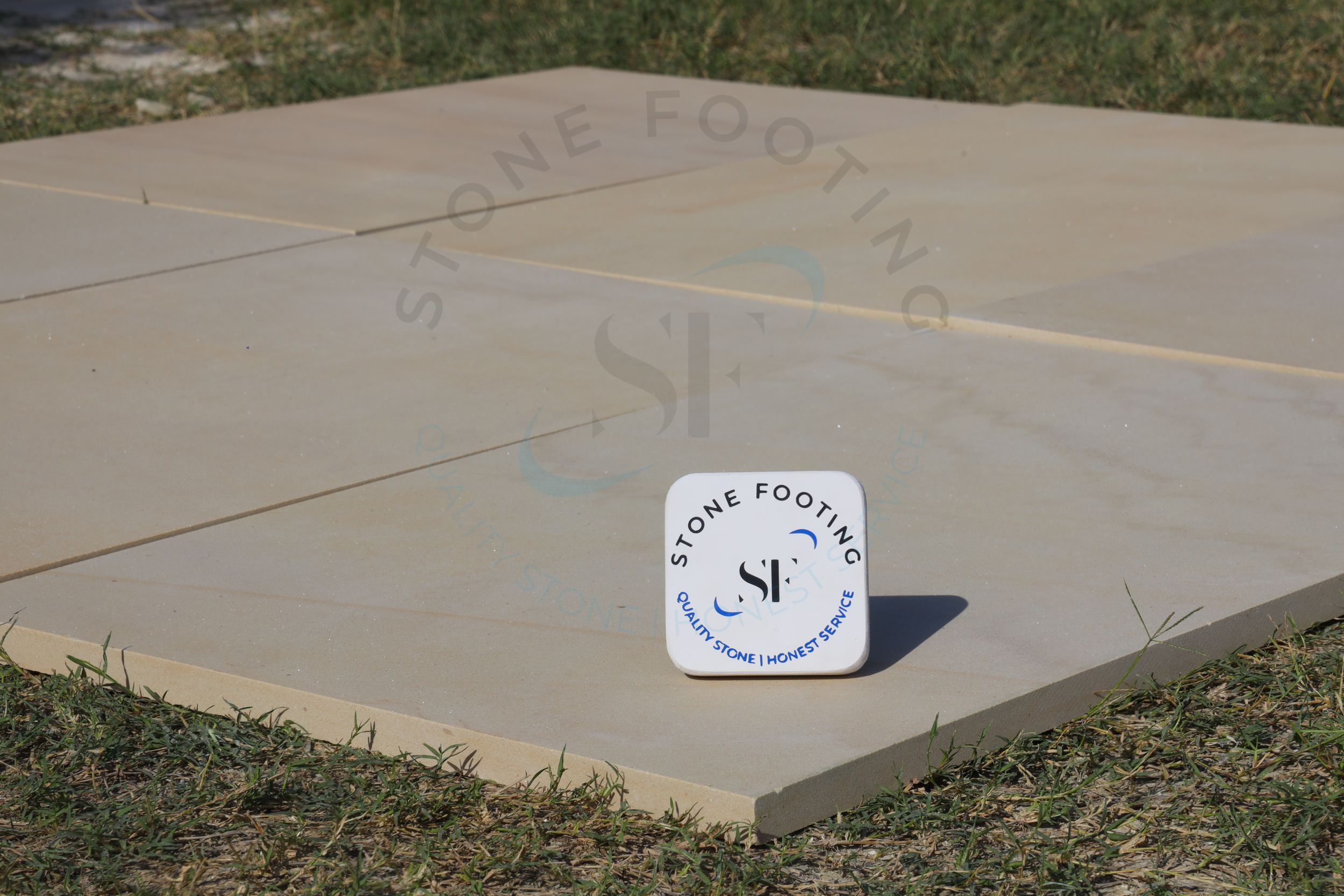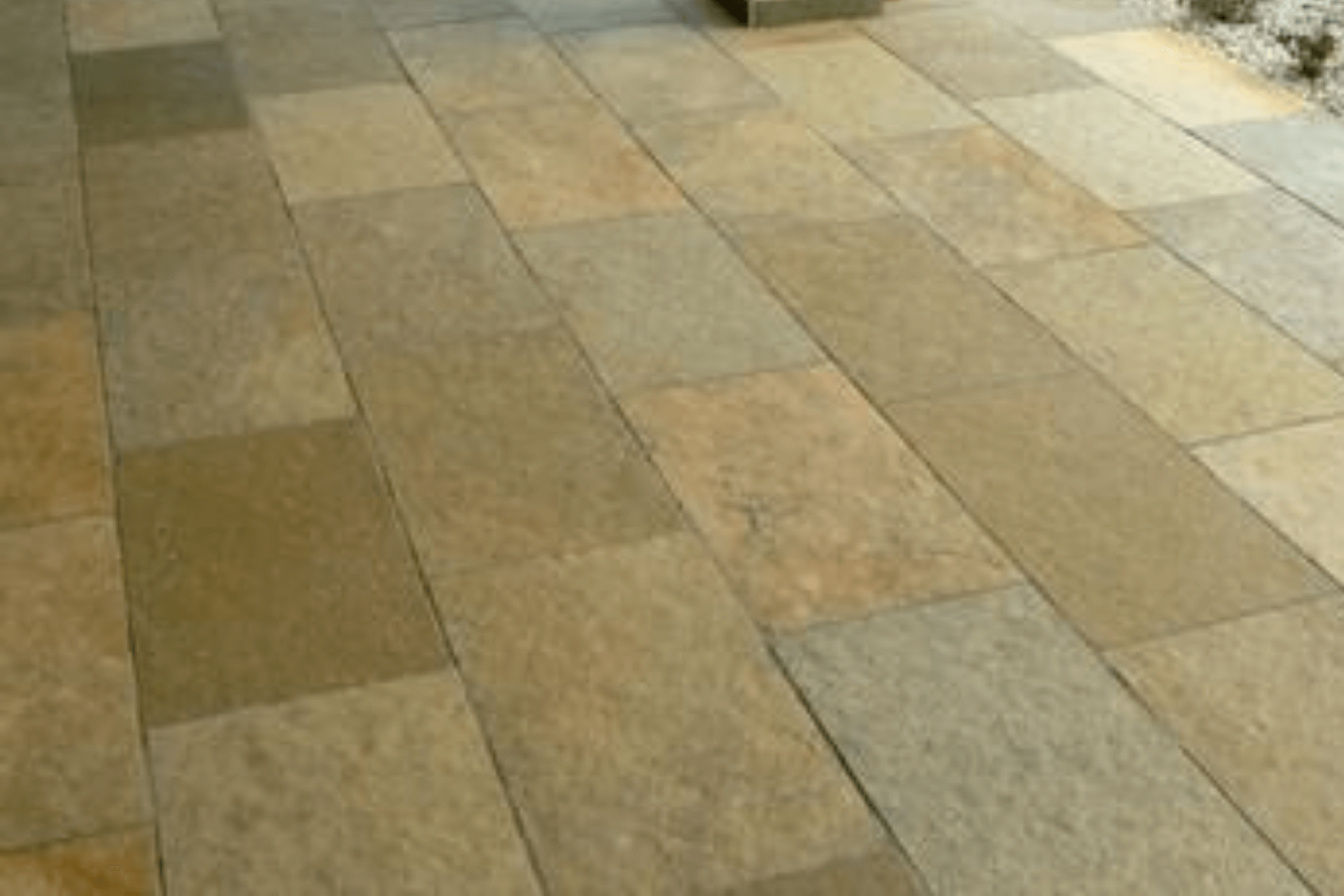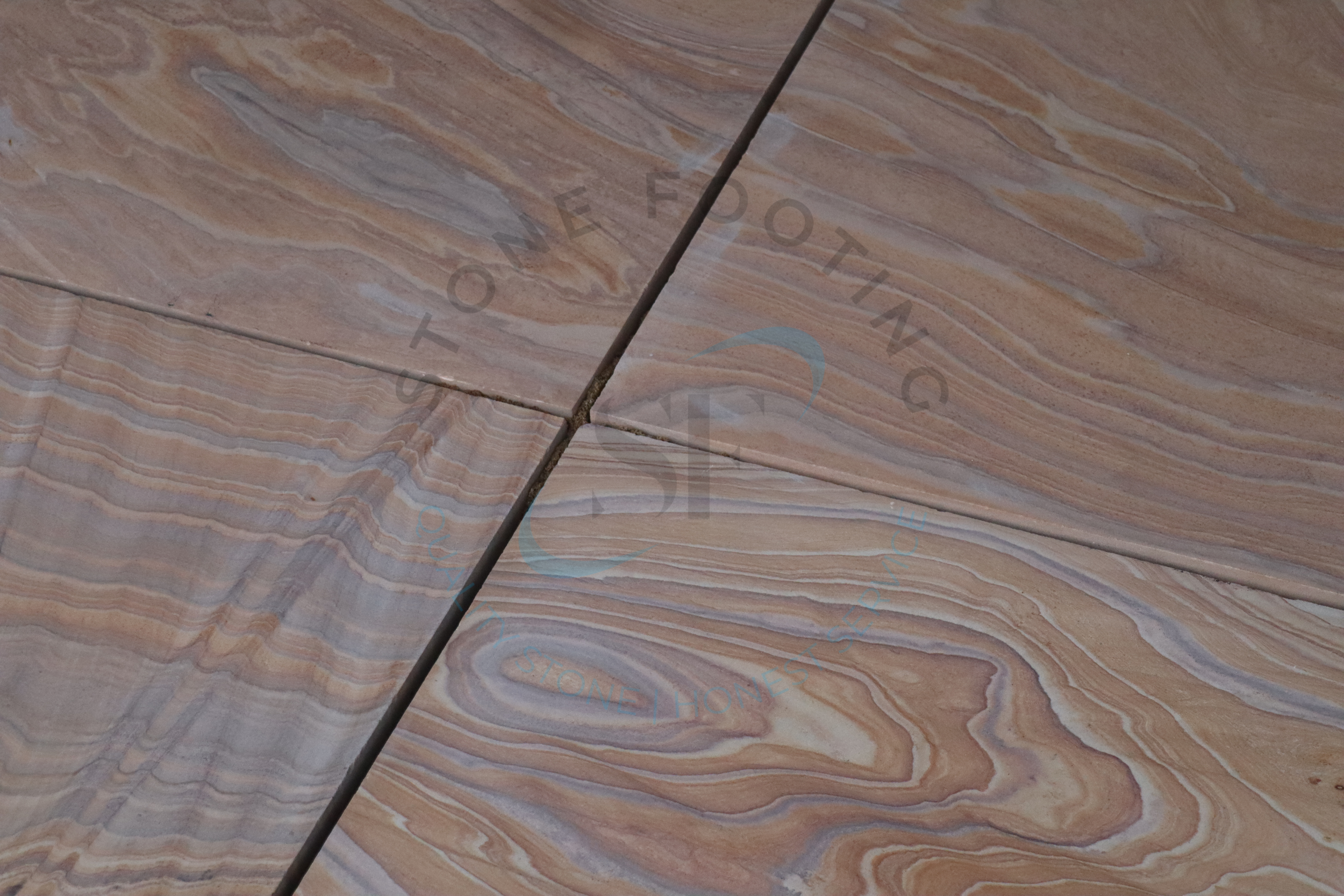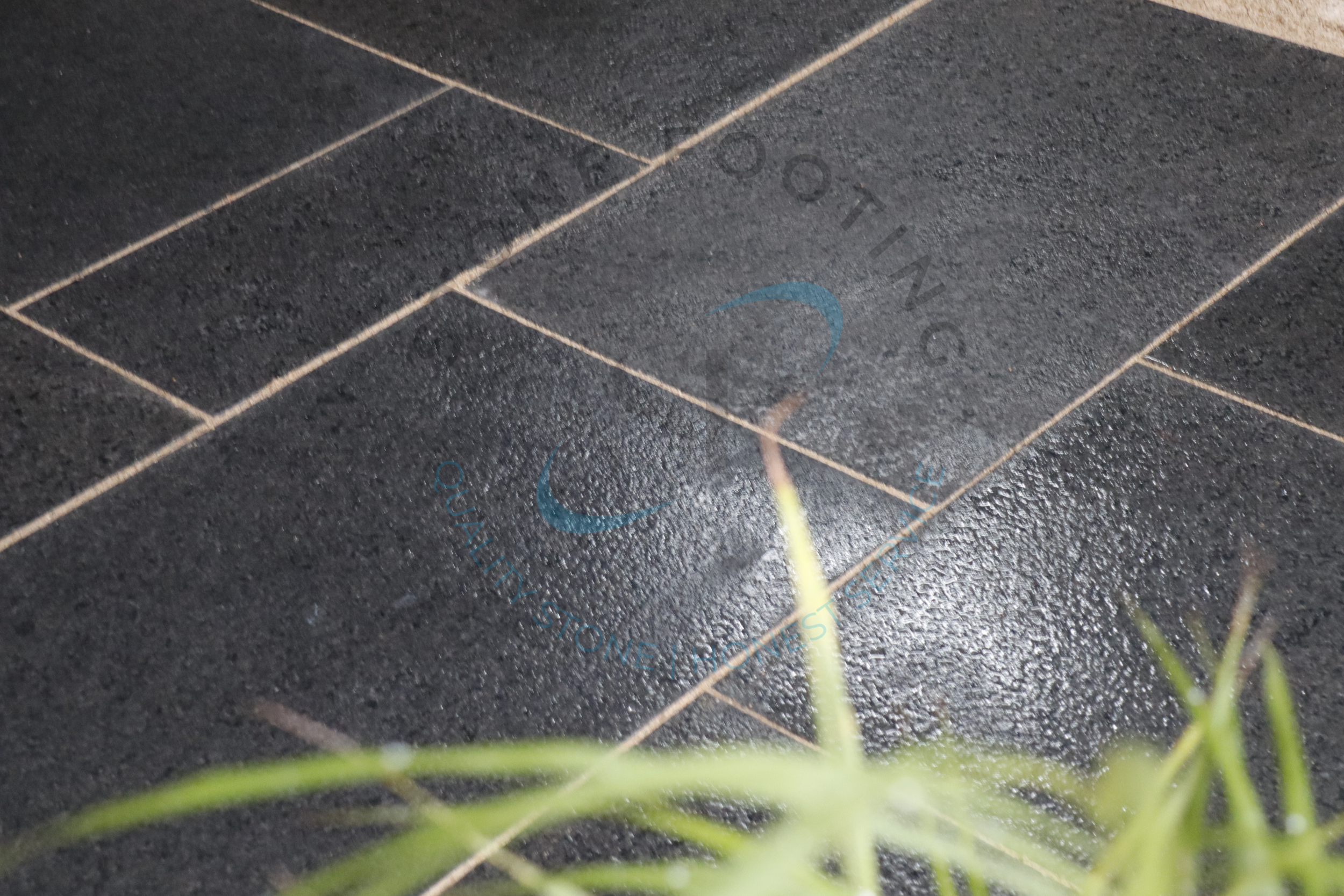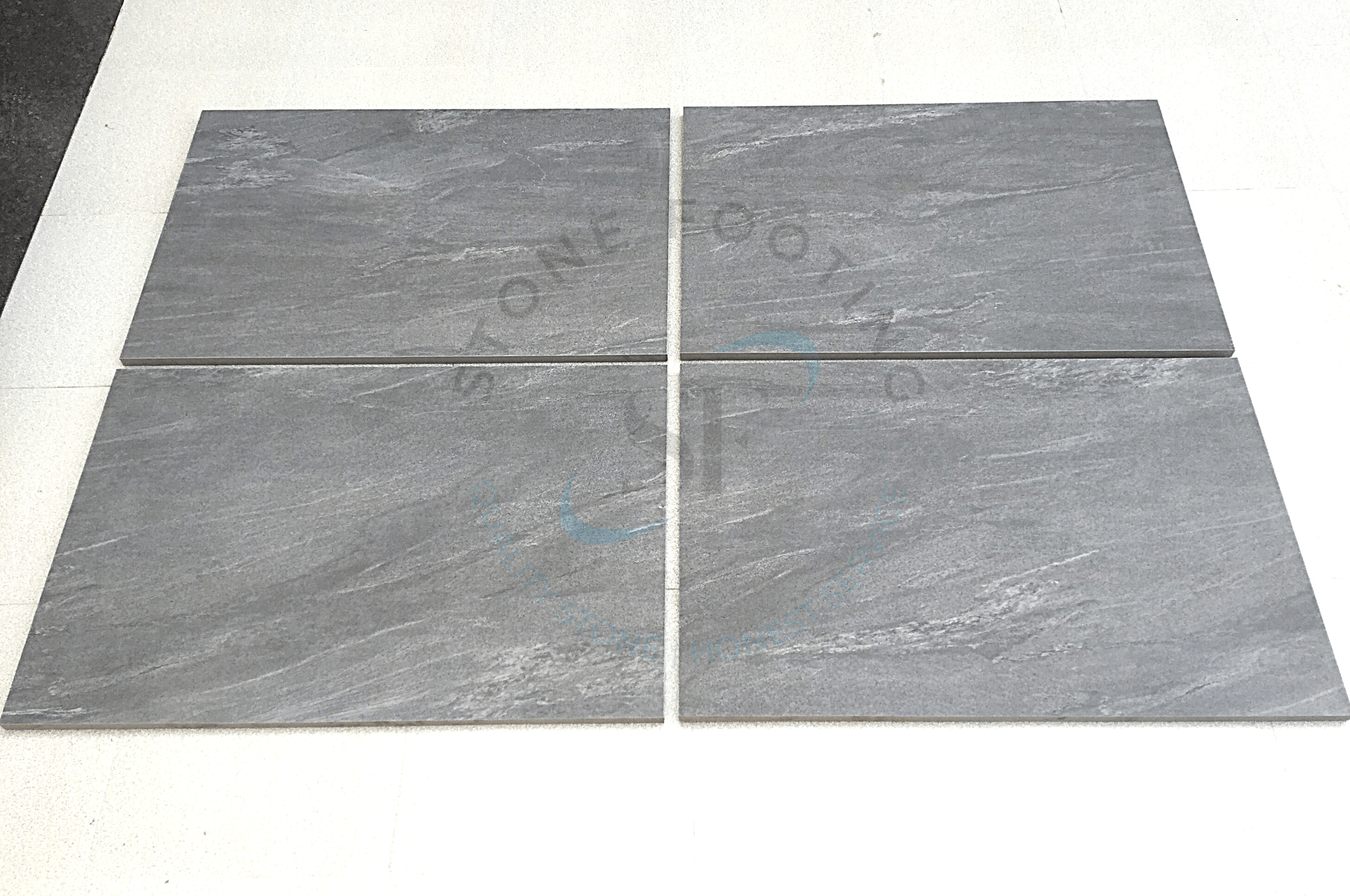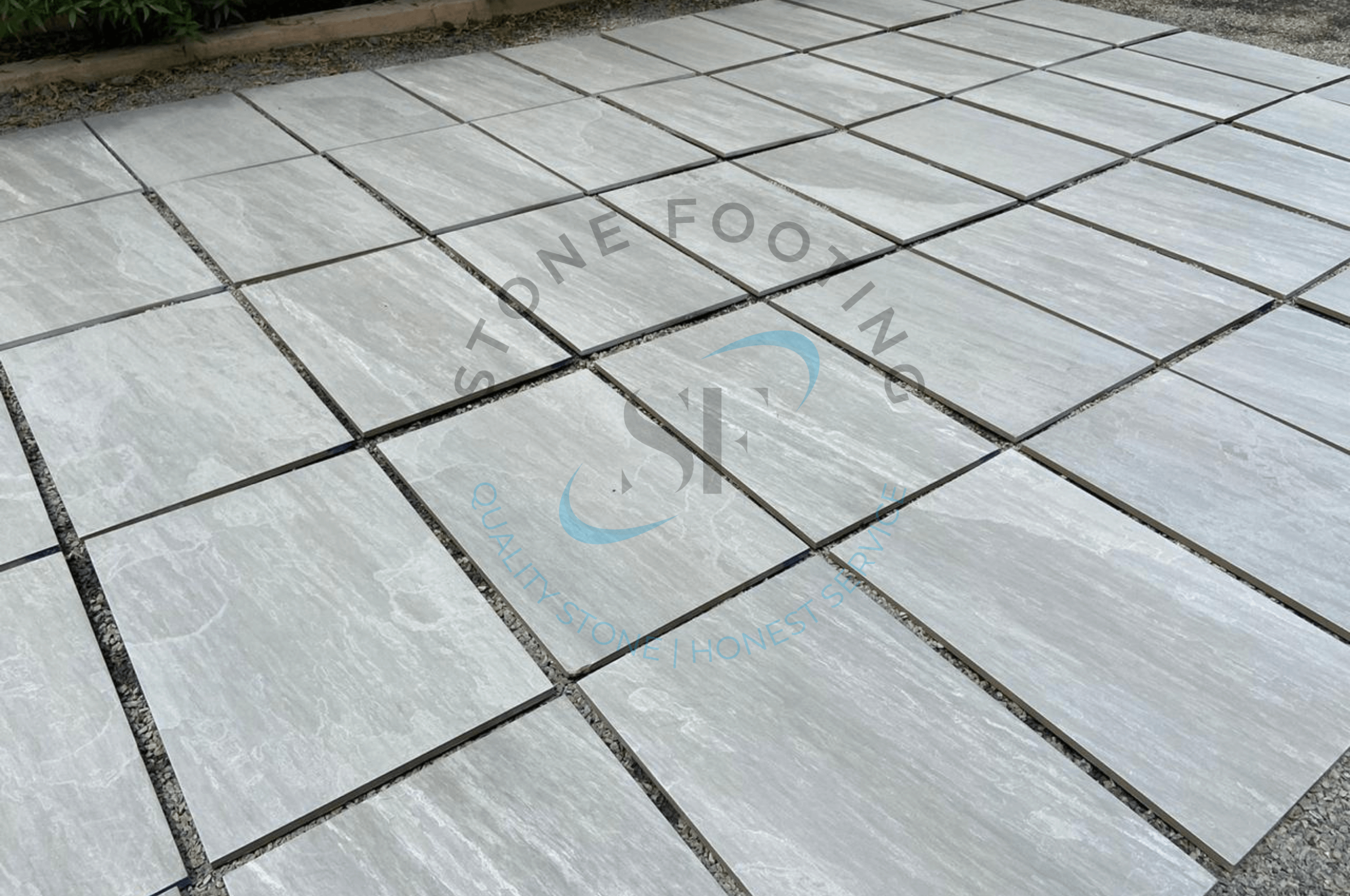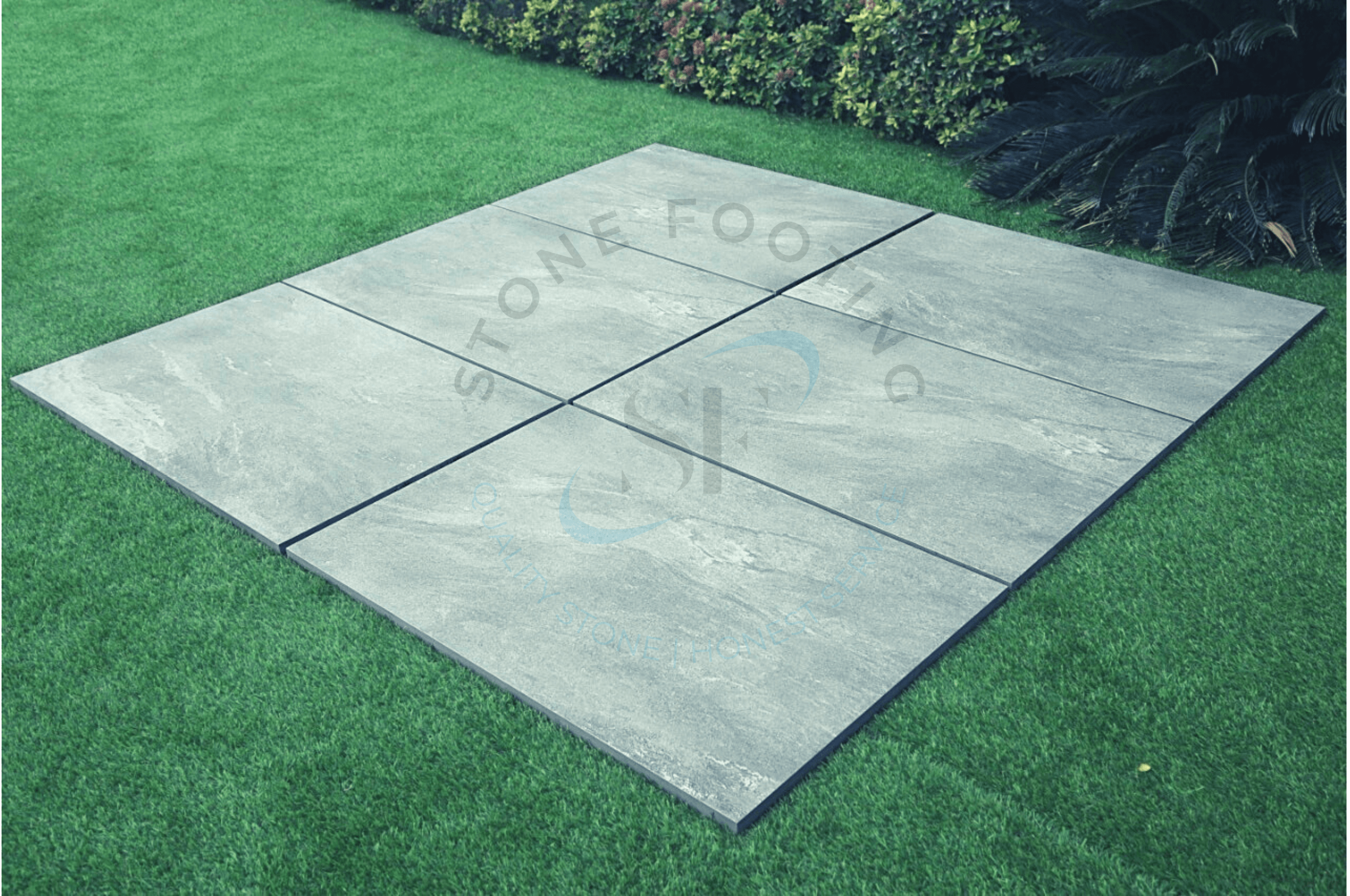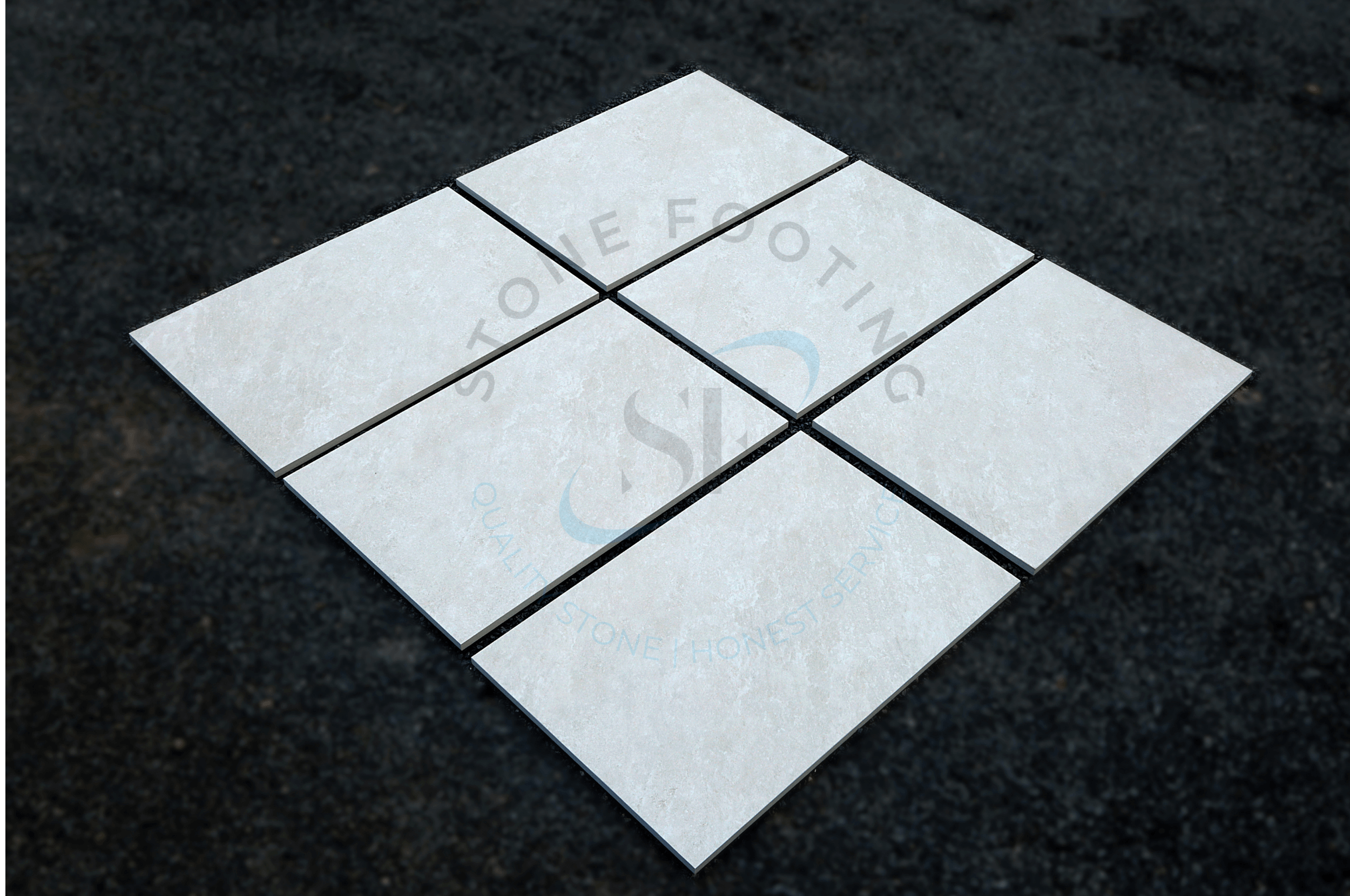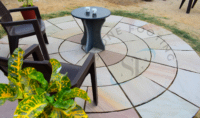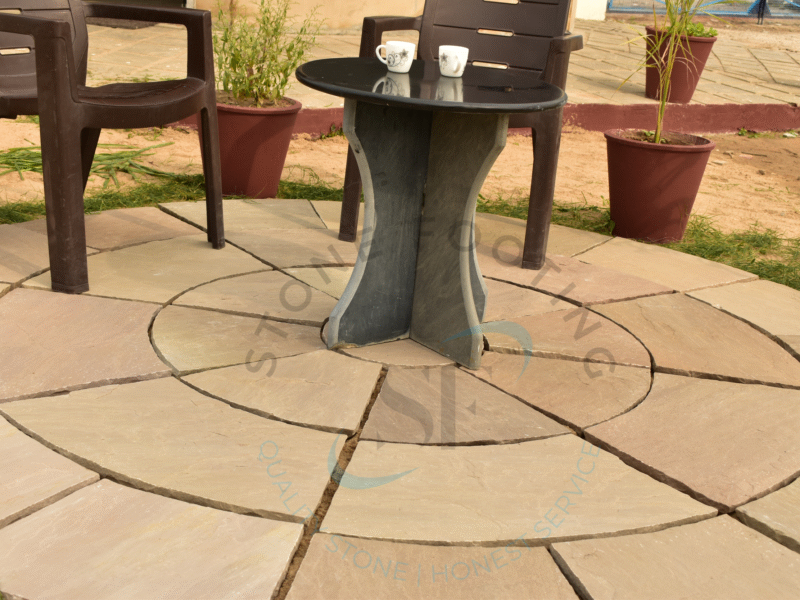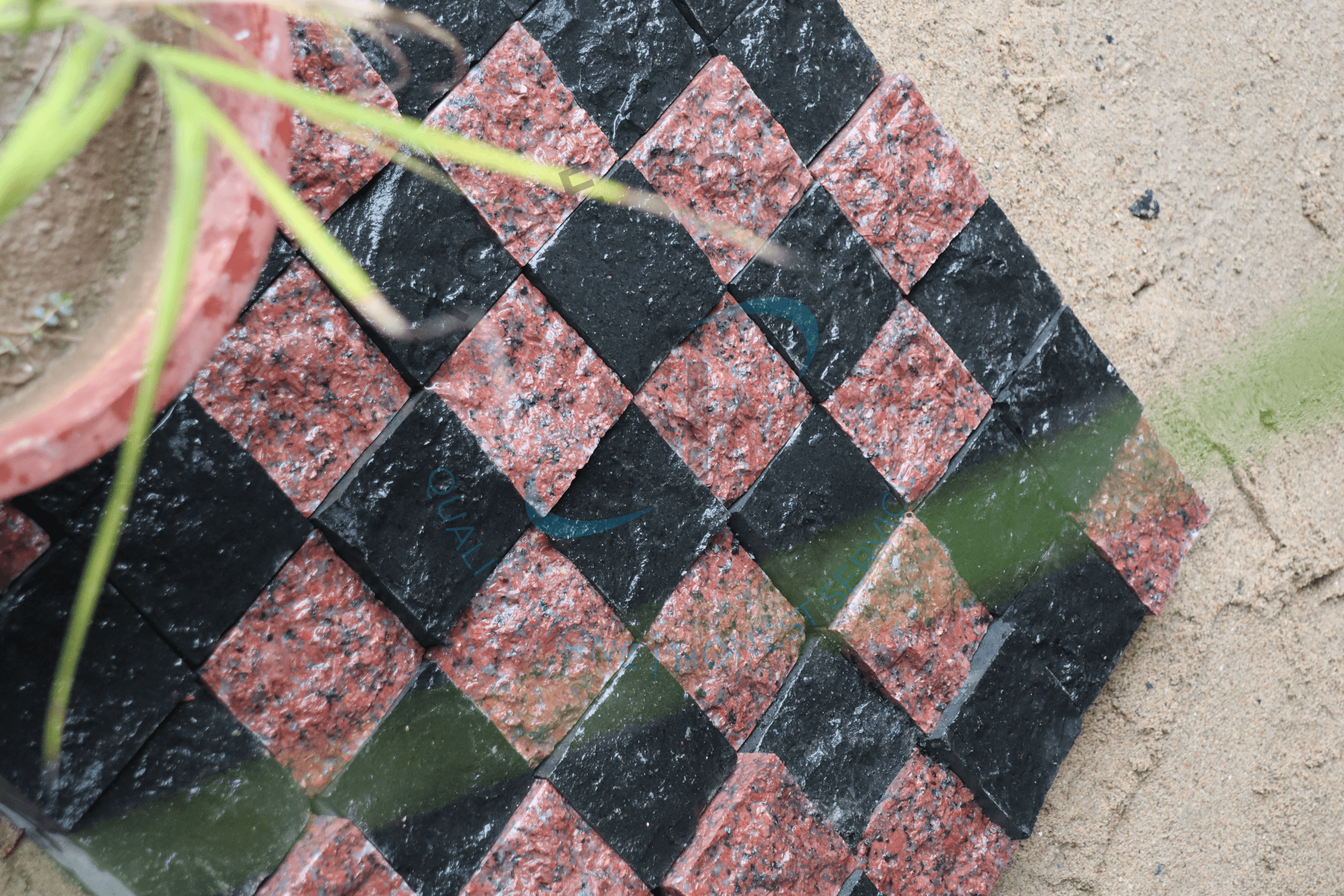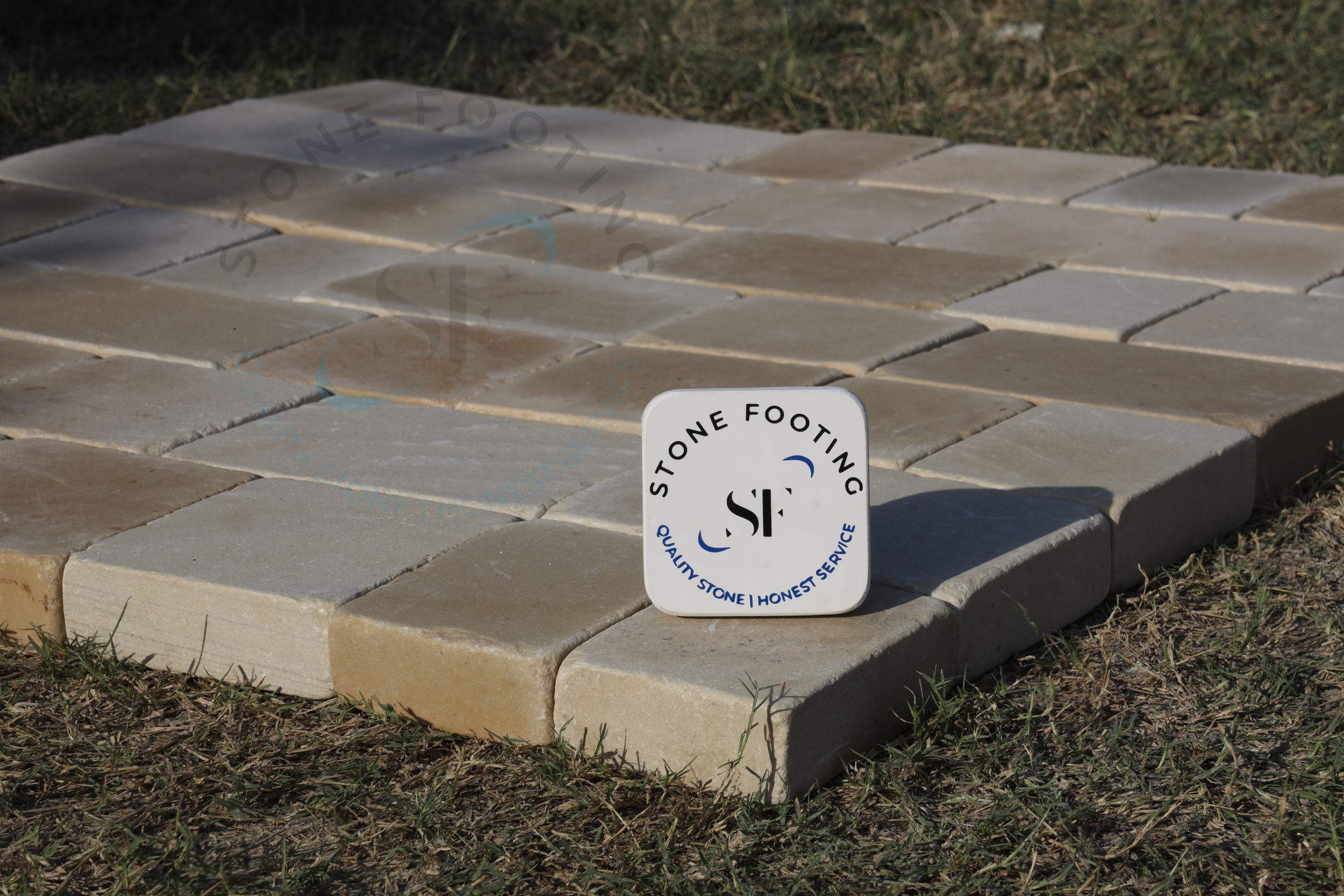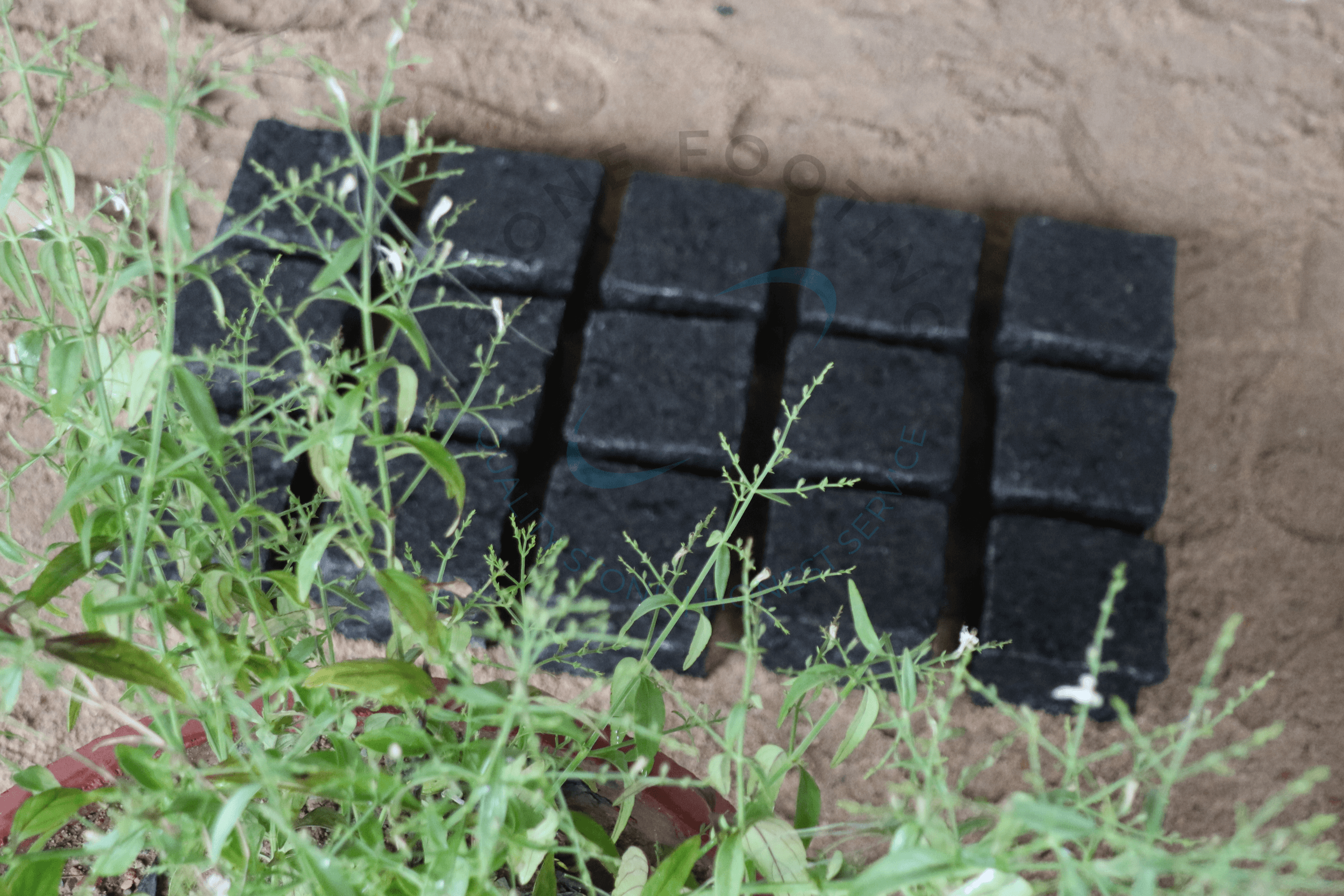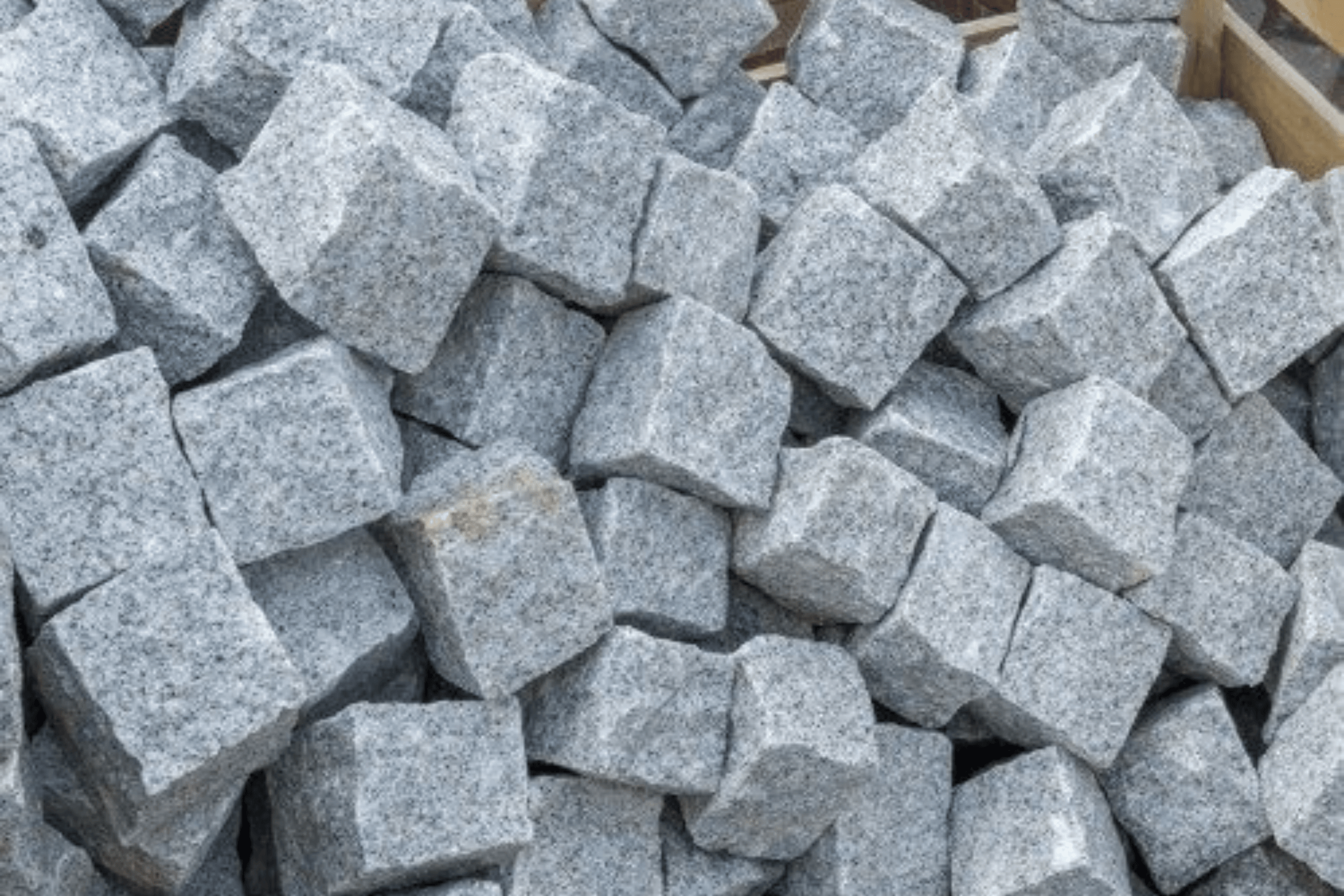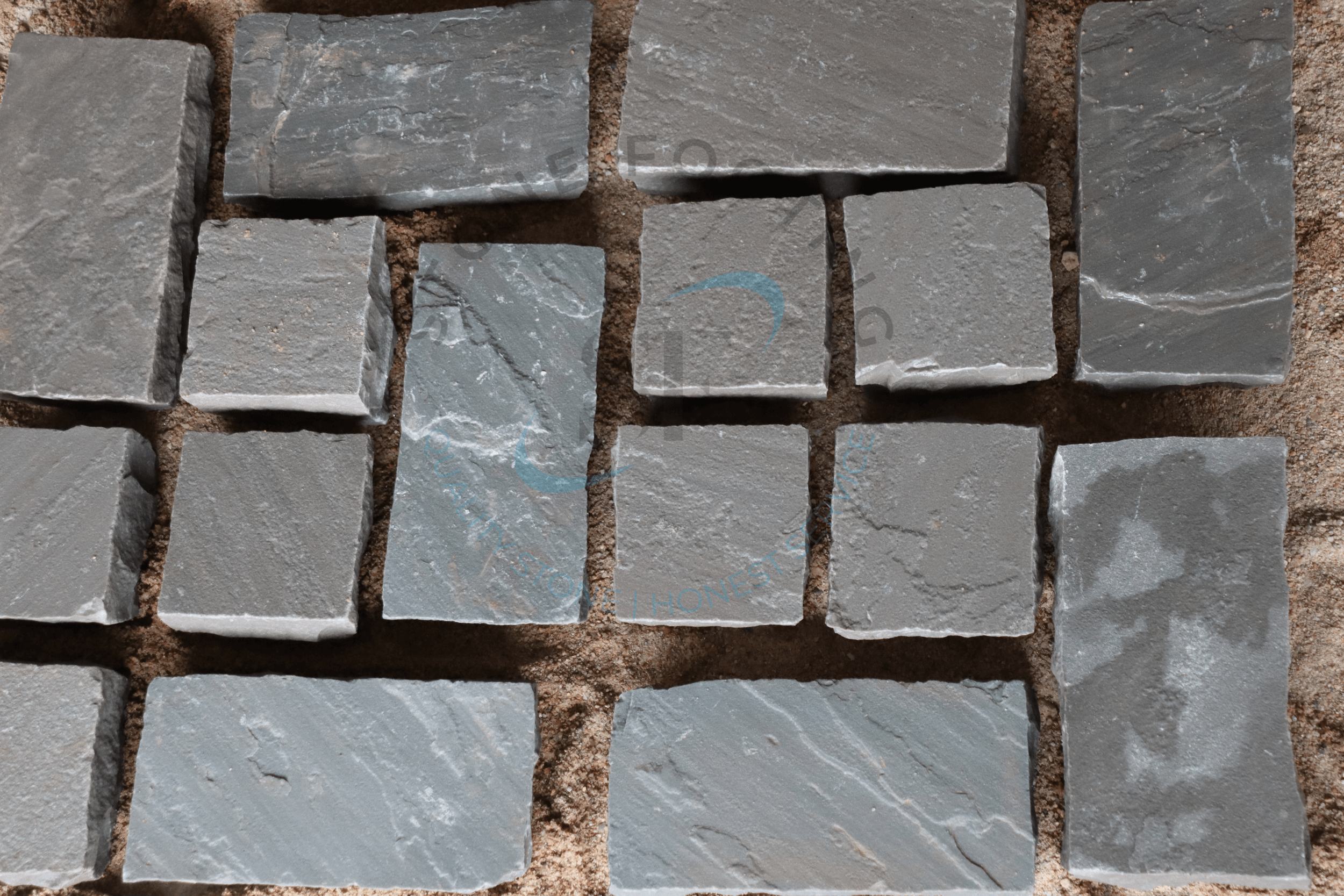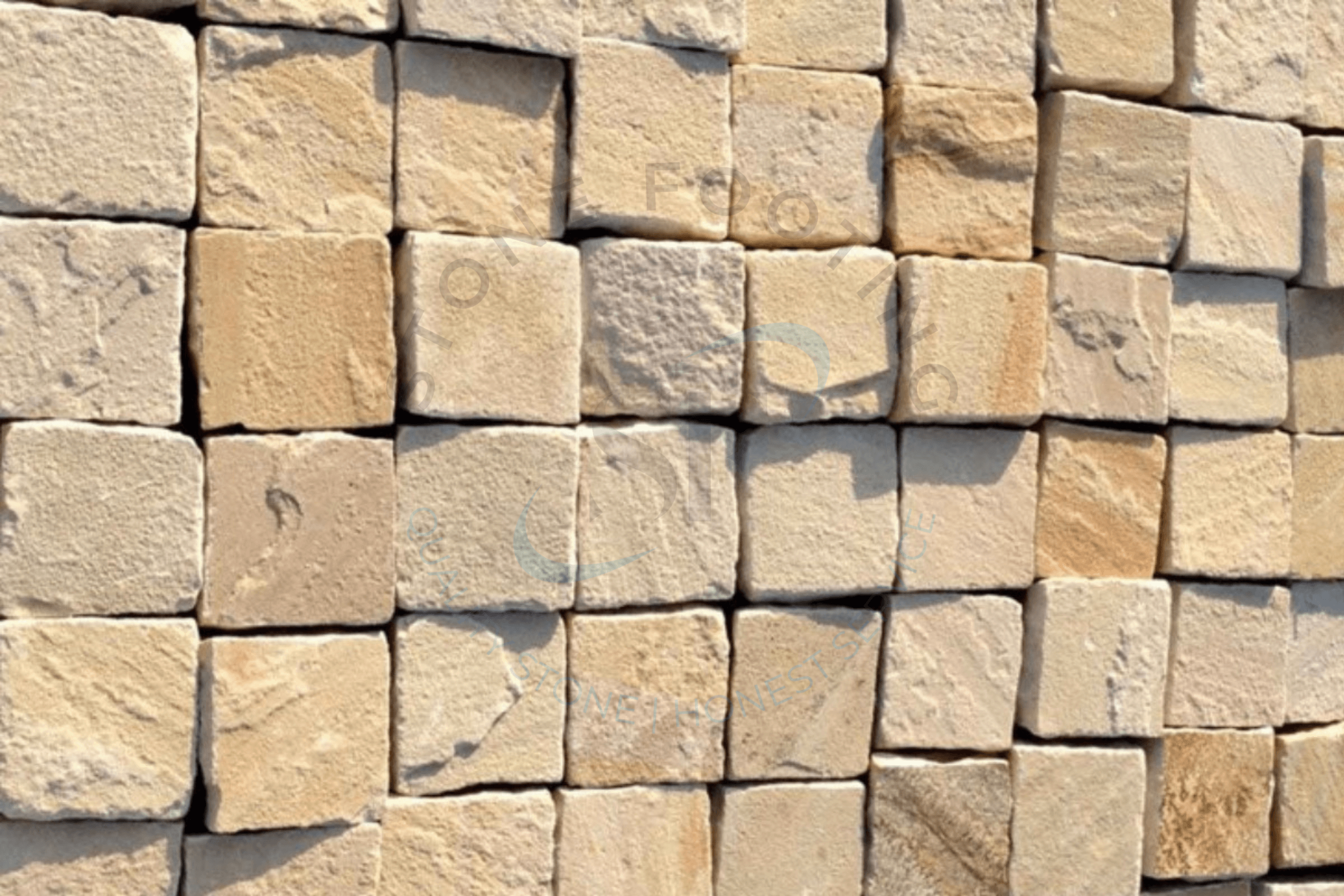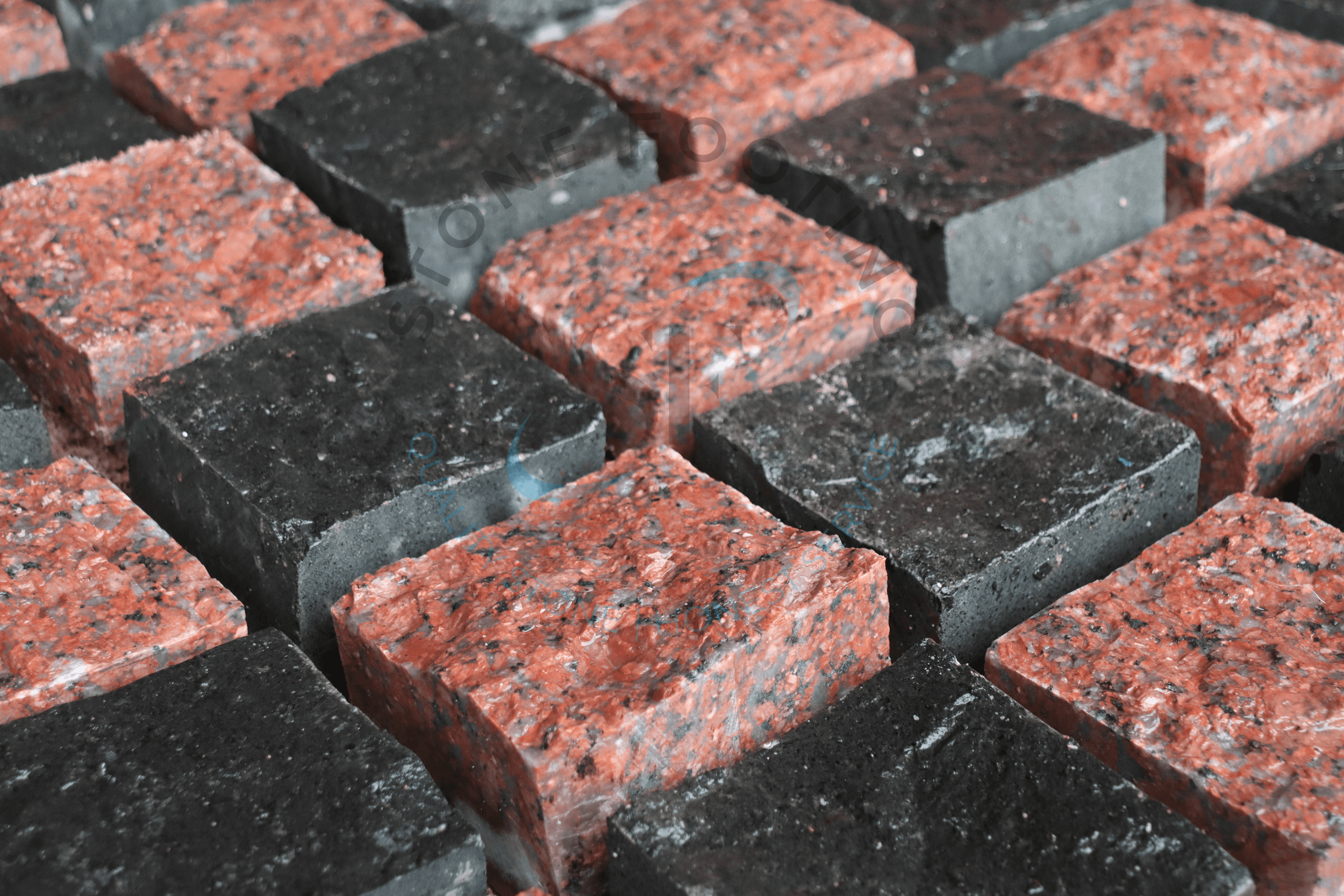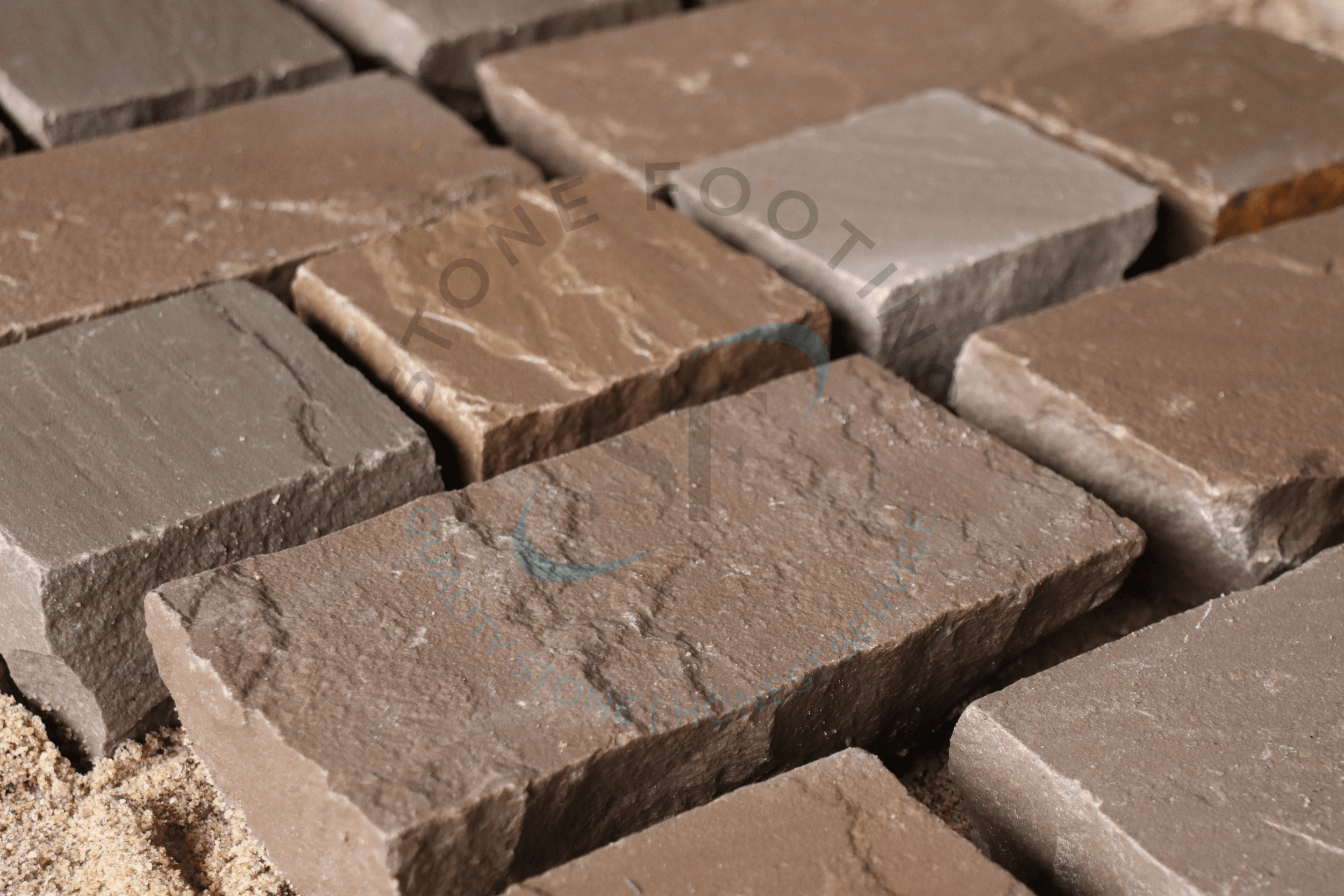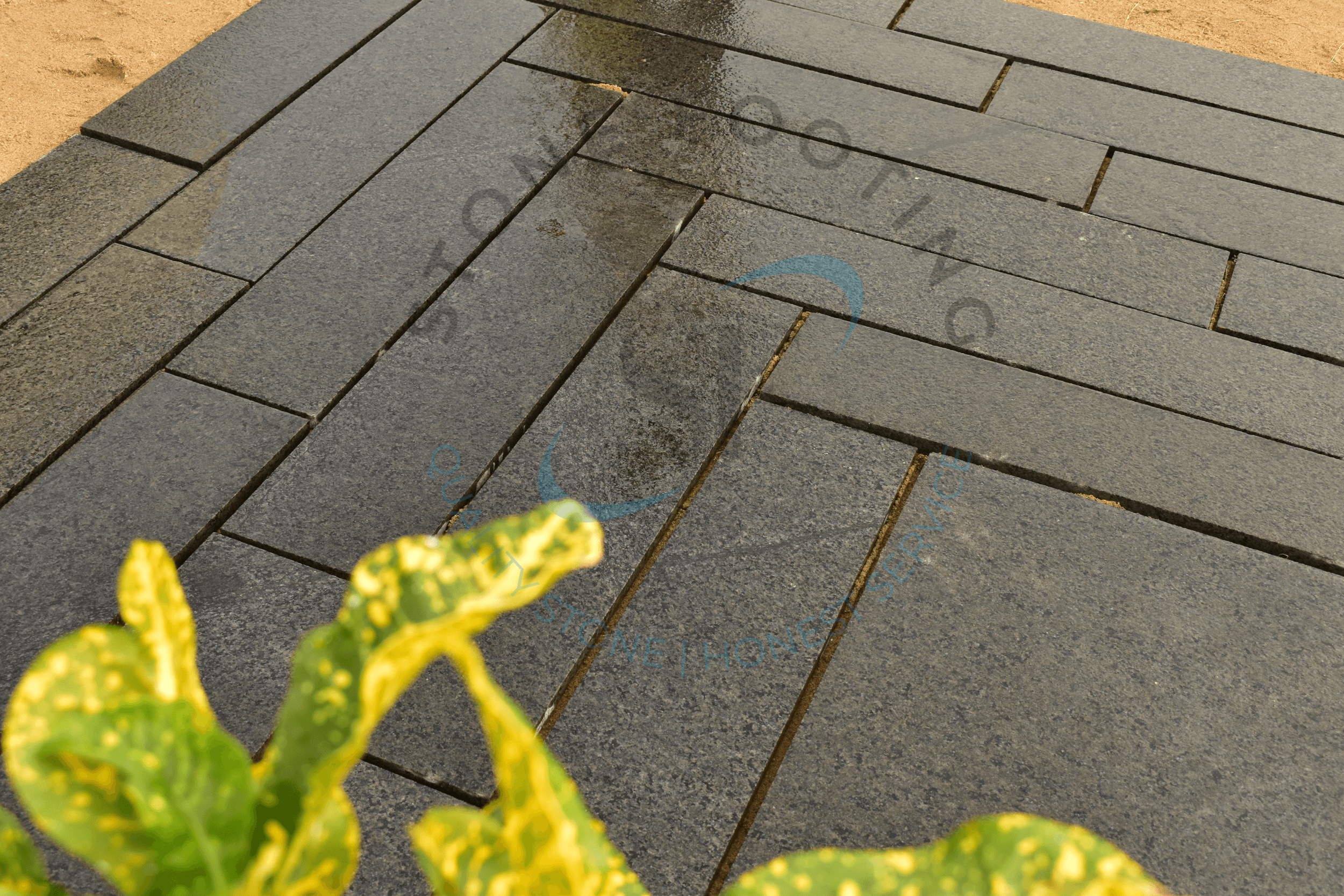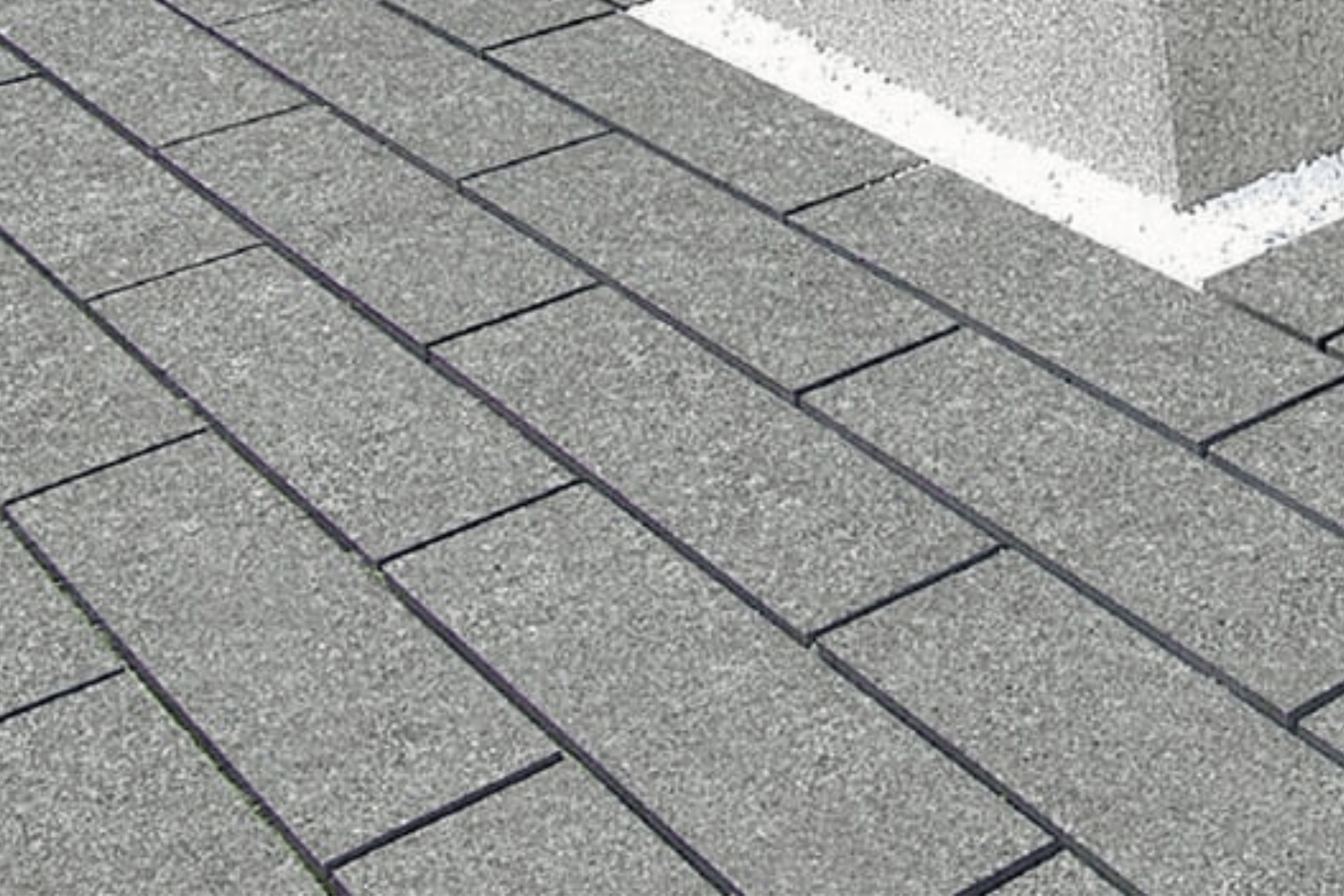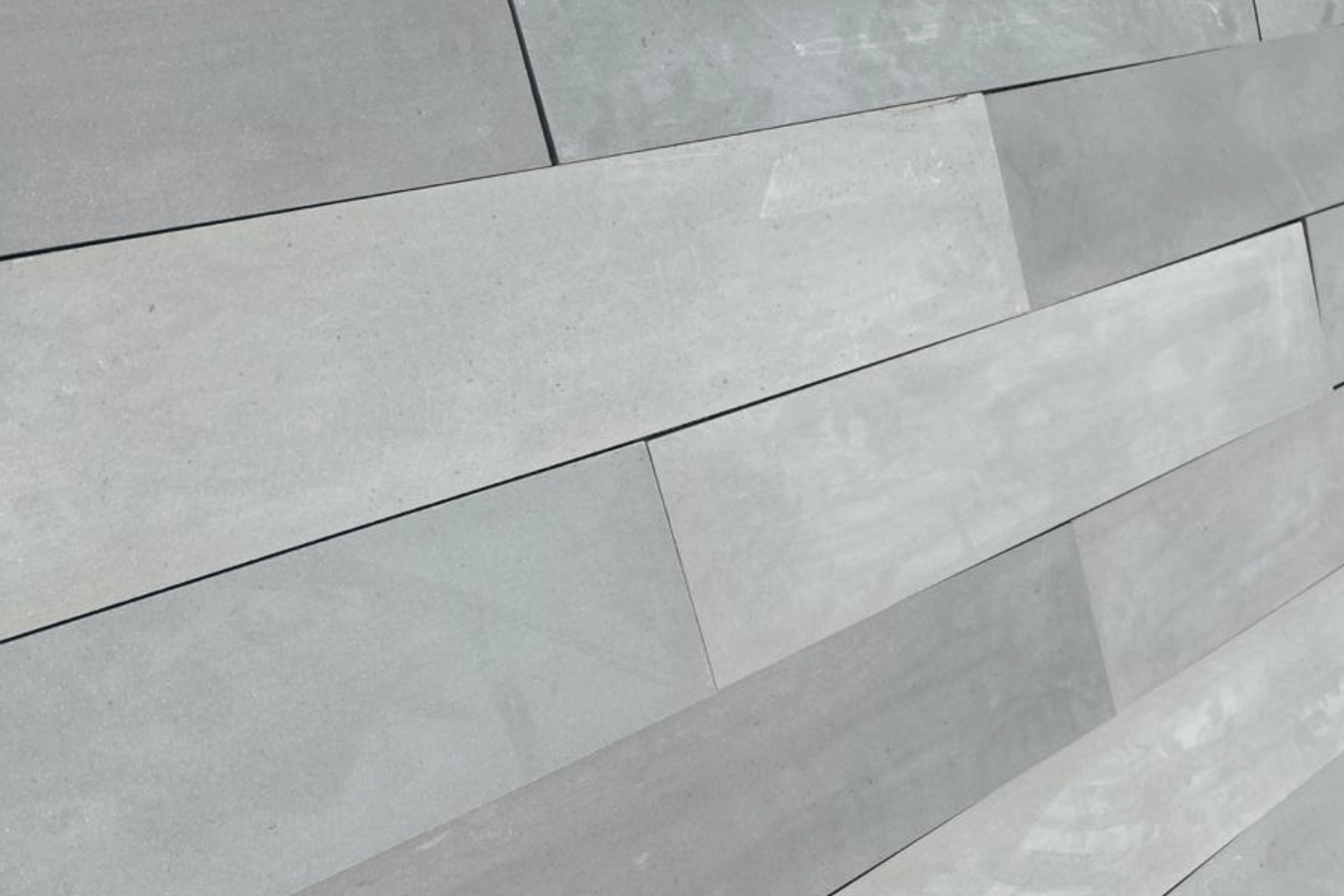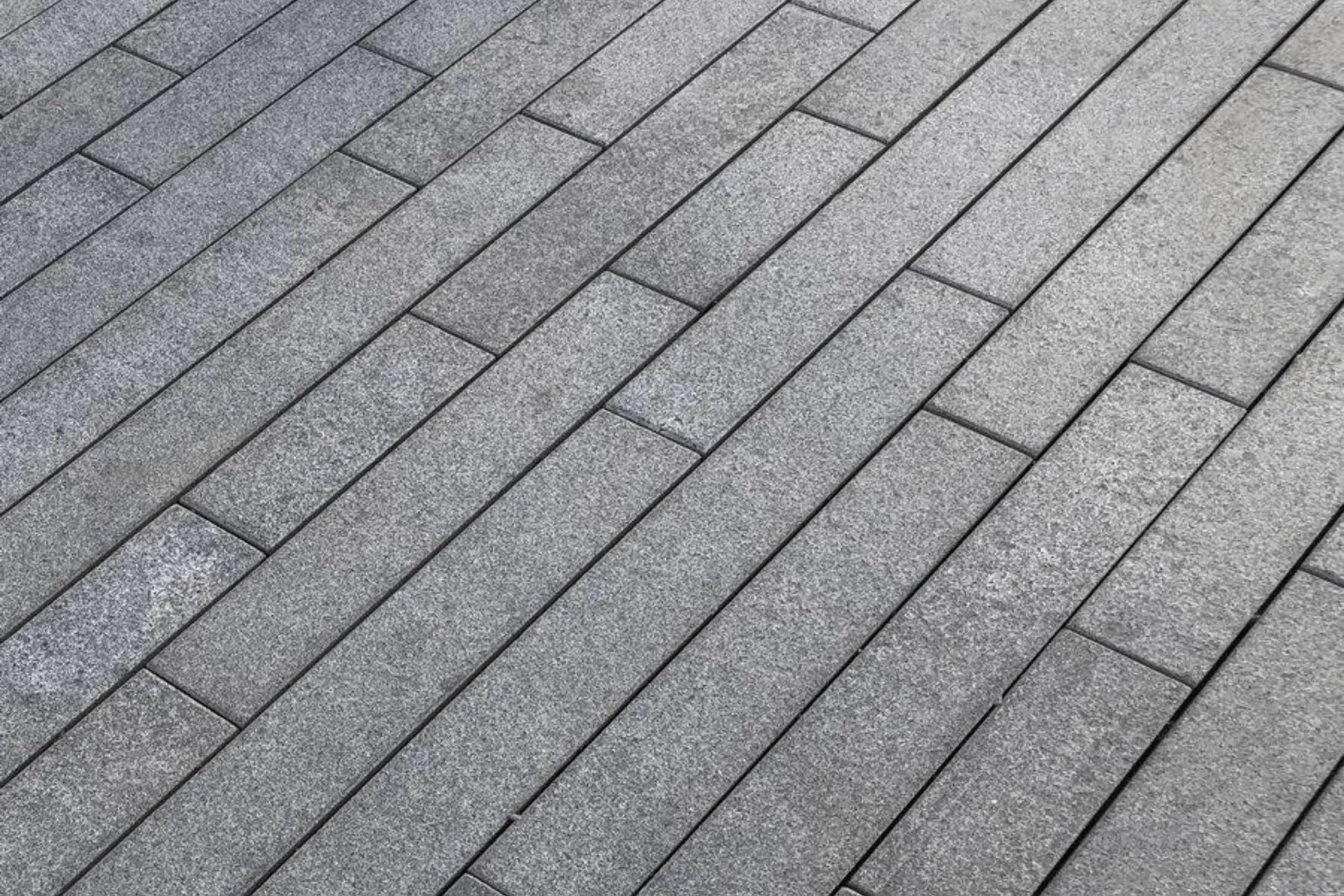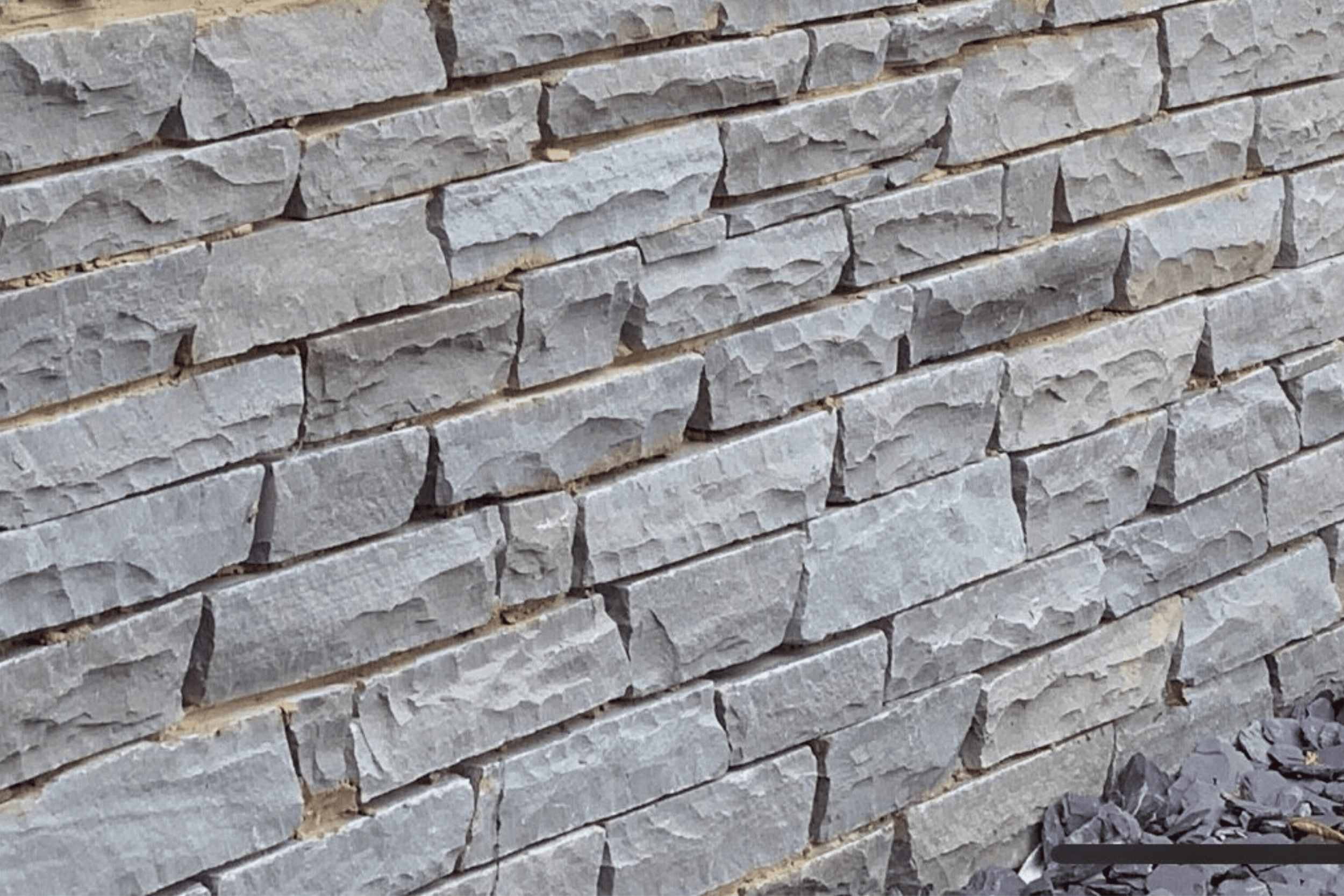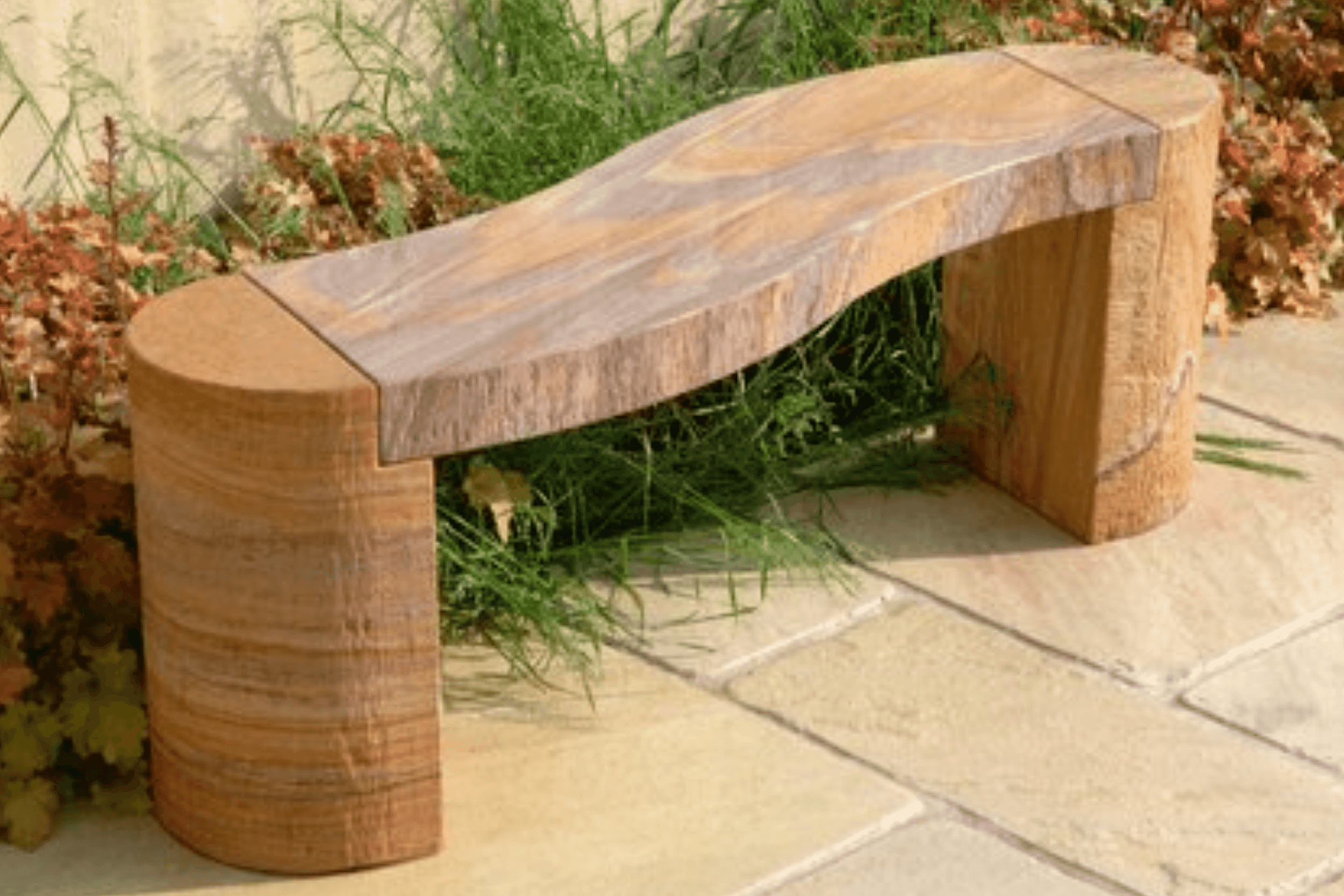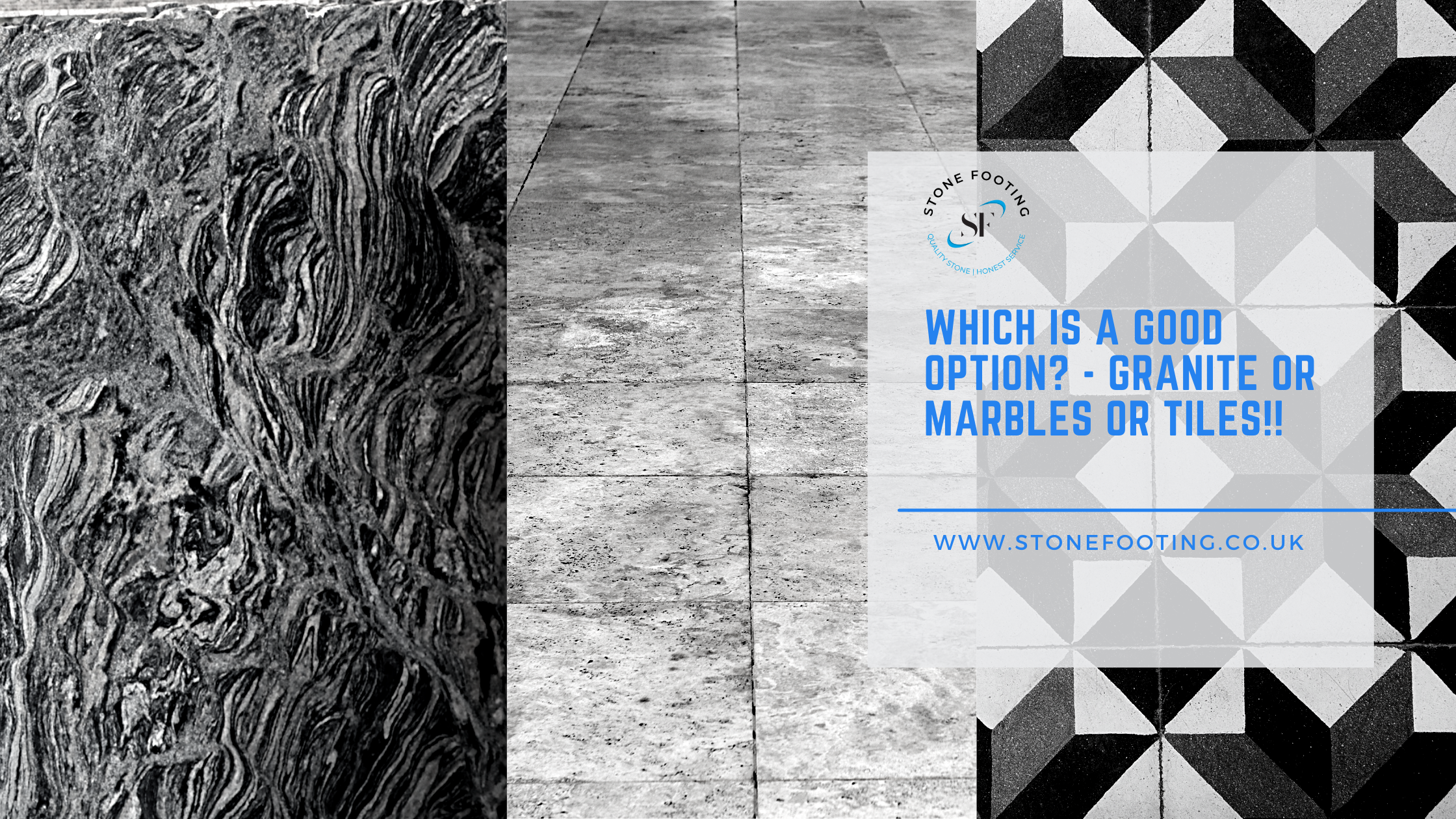There are countless flooring alternatives accessible nowadays, and determining which floor covering to choose for one’s own home or business building, for example, is bound to be complicated. The following write-up will show you how to make a comparison between the three of the most popular flooring alternatives available nowadays.
Marble vs. Granite vs. Tiles
Marble
Marble is a timeless flooring material, and nothing says grandeur quite like a marble floor. It is a natural stone formed by the tremendous thermal stress of the metamorphosis of sedimentary rocks. Various patterns and appealing hues are generated as different minerals are absorbed into the marble during this process.
Advantages – Marbles
- The design patterns are unique, and this is among the most attractive flooring options available.
- Usually, Italian marble slabs are resin coated, providing a more sanitary surface than other substances.
- Sturdy and scratch-resistant.
- It is simple to clean.
Lifespan
It can endure for a long time.
Availability
One can make use of a diverse choice of patterns/features and colors.
Limitations
- If not correctly maintained, the marble surface may become scratched, resulting in degradation.
- If the flooring is not completely sealed, it may absorb stains and darken over time.
- Feeling chilly underfoot, a problem in a cold area.
- It is costly.
- Natural slickness.
Specialty
- Ideal for warmer climates since marble is cool underfoot.
- Statement of fashion.
Granite
Granite is also a stone structure, although it has distinct qualities from marble. Granite, an igneous rock composed of the minerals feldspar and quartz, is more complex than marble due to the toughness of the two minerals that comprise it. Quartzite is a form of granite that is composed mainly of quartz. Granite color differences occur as specks throughout the stone.
Advantages – Granite Tiles
- Bactericidal resistance.
- Available in a variety of colors and patterns.
- Resistant to acids and harsh handling.
- Resistant to scuffing and chipping.
- It is simple to clean.
Lifespan
It can be used for a lifetime.
Availability
In terms of color and pattern, they have fewer alternatives.
Limitations
- Substantial; requires a solid subfloor to support its weight.
- Lacks the coziness of wood and other flooring components.
- It must be carefully sealed to be water and stain-resistant.
- When highly polished, it becomes slippery and should be flamed for anti-skid properties.
Specialty
- Sturdy and robust.
- Highly resistant. Prevent the formation of germs and fungus as a result of moisture resistance.
Vitrified Tiles
When compared to marble and granite, vitrified tiles are a far more cost-effective solution. Hydraulic pressure is used for crushing clay and other minerals to create a vitreous or glassy surface in vitrified tiles. Tiles come in various sizes and hues, and they can closely resemble their natural counterparts to the point that it is impossible to tell the difference.
Advantages – Vitrified Tiles
- Water and frost resistance.
- Available in a variety of sizes, shapes, and patterns.
- Can be utilized within 48 hours of being laid.
- It is simple to clean.
- They do not fade when exposed to sunlight.
- Size and form are homogeneous.
Lifespan
Flooring has a shorter lifespan than granite or marble.
Availability
A wide range of sizes, shapes, patterns, and colors are readily accessible.
Limitations
- Must be handled well to avoid peeling.
- Are slick when moist unless they have an anti-skid function.
- The product is not environmentally friendly.
- Wastages range between 5% and 10%.
- Almost always have bends.
- Colour differences.
Specialty
- Inhibit the spread of germs and fungus as a result of strength and durability.
- Numerous color, pattern, and feature options are available.
Well, regardless of the flooring you choose, take into consideration the health problems and benefits that each type of flooring provides for the welfare of your most near and dear ones – friends/family. While both have advantages and disadvantages in terms of health, one may be more ideal for a house than the other. Make the most outstanding selection you can base on your knowledge, and the best flooring works for you to transform your house into your own home.
Therefore, if you’re seeking for high-quality natural stone for residential or commercial applications, look no further. Connect with Stone Footing, a natural stone distributor recognised for providing high-quality natural stones.
Frequently Asked Questions
Which is more formidable, marble or granite?
There is no contest when it comes to durability and toughness: granite is unrivaled! It is more resistant to scratches and shattering than marble since it is more challenging and more robust.
Is marble OK for bathroom worktops?
Marble is a timeless material that may be used in a variety of bathroom settings. The exquisite appearance of marble counters is the fundamental reason why they remain popular. It implies you’ll receive a one-of-a-kind countertop for your bathroom vanity.
Which is more expensive, marble, granite, or tiles?
Marble costs more than tiles. This is because tiles are man-made, but marble is a natural stone excavated and processed using costly techniques. Furthermore, only high-quality marble looks attractive and comes at an extravagant price.

